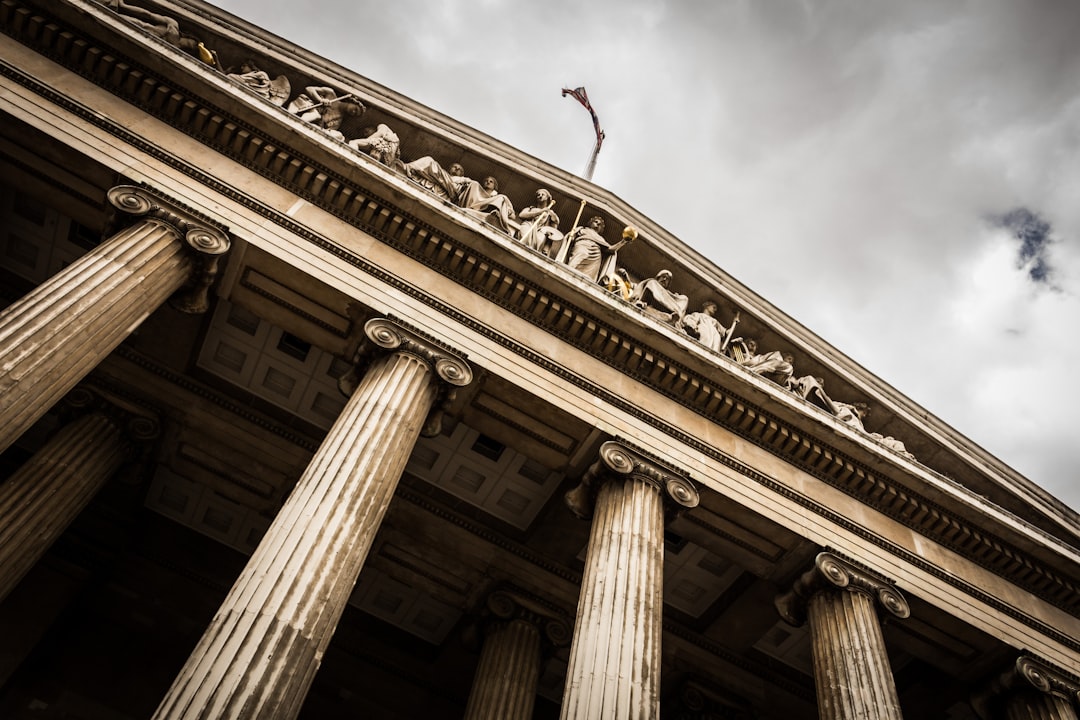Massage abuse attorneys in Georgia face unique challenges when using social media evidence due to specific rules governing its admissibility in court. They must ensure relevance, authenticity, and integrity of digital evidence, navigating complexities related to privacy, consent, and potential prejudice. Strategic use of social media can provide powerful visual proof and establish patterns of misconduct, aiding in the successful prosecution of massage spa abuse cases. These attorneys need to be adept at handling electronic records and understanding Georgia's rules regarding social media evidence to effectively represent clients.
In the context of massage spa abuse cases, social media evidence has emerged as a powerful tool for massage abuse attorneys in Georgia. This introduction explores the admissibility of such digital evidence, delving into Georgia’s legal framework and the specific considerations in massage-related litigation. We examine how social media posts can provide crucial insights into victim experiences, while also highlighting common challenges in court. From case studies to practical strategies, this article equips massage abuse attorneys with essential knowledge for navigating the admissibility of social media in Georgia courts.
Understanding Georgia's Rules on Social Media Evidence

In Georgia, the admissibility of social media evidence in court is governed by specific rules designed to ensure fairness and reliability. Massage abuse attorneys in Georgia must navigate these guidelines when presenting digital evidence related to their cases. The state recognizes that social media platforms can be a rich source of information, offering insights into an individual’s conduct, intentions, and even character. However, this evidence must meet certain criteria to be deemed admissible.
Relevant and authentic are key considerations. Georgia courts examine whether the social media posts or messages are directly related to the case at hand. Additionally, the evidence must be genuine and unaltered to maintain its integrity. Massage abuse attorneys should also be aware of privacy concerns and ensure that any posted content is publicly accessible, as private messages may require additional legal measures to obtain and admit.
The Relevancy and Authenticity of Social Media Posts in Massage Spa Abuse Cases

In Georgia massage spa abuse cases, social media evidence plays a pivotal role in establishing the truth. The relevancy of social media posts lies in their ability to provide a window into the experiences and perceptions of individuals who may have been victims or witnesses to abusive practices. Posts can offer firsthand accounts, descriptions of suspicious activities, or even visual evidence that corroborates claims of misconduct within massage spas.
To ensure authenticity, it’s crucial to verify the source and context of social media posts. Massage abuse attorneys in Georgia must establish that the content is genuine, unaltered, and relevant to the case. This involves examining account credentials, cross-referencing with other sources, and understanding the timeline of events as depicted on the platform. Such diligence helps in presenting a compelling and admissible case, ultimately contributing to a fair outcome for victims seeking justice.
Common Challenges in Admitting Social Media Evidence

The admissibility of social media evidence in court, particularly for massage spa abuse cases in Georgia, presents several common challenges that massage abuse attorneys must navigate. One significant hurdle is the potential for evidence to be deemed irrelevant or unduly prejudicial under Georgia’s rules of evidence. Social media posts often contain personal opinions, rumors, or inflammatory content that may not directly relate to the facts at hand, leading to objections from defense lawyers.
Another challenge lies in establishing the authenticity and reliability of social media evidence. Posts can easily be edited, manipulated, or taken out of context, making it crucial for attorneys to verify the integrity of the evidence. Additionally, issues related to privacy and consent arise when using social media posts as evidence, especially since users may not have consented to their content being used in a legal proceeding. Massage abuse attorneys must carefully consider these challenges to effectively utilize social media evidence while adhering to Georgia’s evidentiary standards.
Case Studies: Successful Use of Social Media Evidence in Georgia Massage Spa Abuse Litigation

In recent years, social media evidence has played a pivotal role in successfully prosecuting massage spa abuse cases in Georgia. Case studies highlight how plaintiffs’ attorneys strategically utilize online platforms to gather and present compelling evidence. For instance, in a high-profile case, massage abuse attorneys in Georgia discovered explicit photos and videos shared on social media by the defendant, providing strong visual proof of the alleged misconduct. This digital evidence not only strengthened the victim’s testimony but also led to a swift resolution, setting a precedent for future cases.
Another notable instance involved the analysis of social media posts that revealed patterns of behavior indicative of abuse. Massage abuse attorneys scrutinized online conversations and interactions between the defendant and their clients, unearthing multiple red flags. This digital footprint was instrumental in building a robust case, demonstrating the effectiveness of social media as a critical tool in Georgia massage spa abuse litigation.
Strategies for Massage Abuse Attorneys: Navigating the Admissibility of Social Media in Georgia Courts

Massage abuse attorneys in Georgia face a unique challenge when presenting digital evidence, particularly on social media platforms, in court. With the increasing prevalence of online interactions, these cases often involve various forms of electronic records that can significantly impact the outcome. Attorneys must be well-versed in navigating the admissibility of such evidence to effectively represent their clients.
One strategy for massage abuse attorneys is to thoroughly examine and understand the rules of evidence specific to Georgia courts regarding social media. This includes recognizing when posts, messages, or images are relevant and properly obtained through legal means. Additionally, attorneys should be prepared to address potential objections related to privacy concerns, authentication, and the credibility of digital sources. By combining a deep understanding of case law and an agile approach to presenting evidence, massage abuse attorneys can ensure their clients receive justice in today’s digital age.






